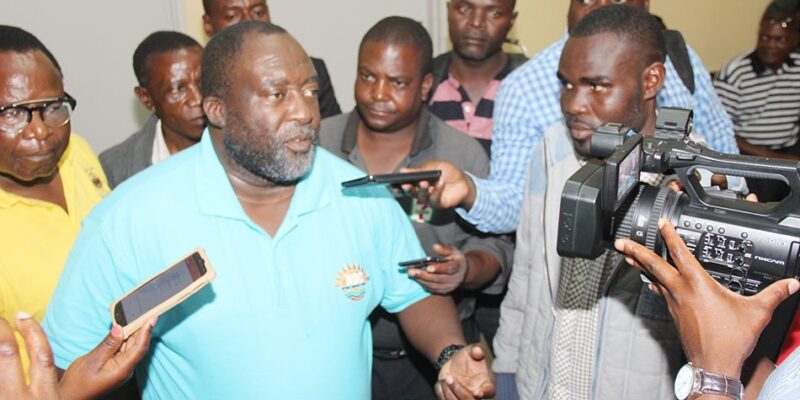Nigeria’s Minister of Finance and Coordinating Minister of the Economy, Wale Edun, has revealed that despite the removal of fuel subsidy by President Bola Tinubu, the country still spends $600m on fuel importation monthly.
Edun, who stated this during a television interview programme on Wednesday, stated that the high import bill was due to neighbouring countries benefiting from the country’s fuel imports.
Explaining that the situation was one of the reasons President Tinubu removed fuel subsidy in his inaugural speech on May 29, 2023, confessed that the country did not know the exact amount of fuel consumed internally even as a recent report by the National Bureau of Statistics (NBS) said the country’s petrol import was reduced to an average of one billion litres monthly after the removal of fuel subsidy.
“The fuel subsidy was removed May 29, 2023, by Mr President, and at that time, the poorest of 40 per cent was only getting four per cent of the value, and basically, they were not benefitting at all. So it was going to be just a few,” Edun said.
“Another point that I think is important is that nobody knows the consumption in Nigeria of petroleum. We know we spend $600m to import fuel every month but the issue here is that all the neighbouring countries are benefitting.
“So we are buying not for just for Nigeria, we are buying for countries to the east, almost as far as Central Africa. We are buying. We are buying for countries to the North and we are buying for countries to the West. And so we have to ask ourselves as Nigerians, how long do we want to do that for and that is the key issue regarding the issue of petroleum pricing.”
The Minister also noted that Nigeria must take a decisive step to tackle step the problem as it impedes it’s economic growth.
“Of great importance to the government is the welfare of the people, particularly the vulnerable. One of the key areas of focus is ensuring food availability and affordability.”
Edun also clarified that the N570bn fund release to state governments was implemented last year December.
“This actually refers to a reimbursement that they received from December last year onwards and it was a reimbursement I think under the COVID financing protocol but the point is that the states have received more money. They have received more money. Mr President has charged to ensure food production in the states.”
He stated that the recent decision to raise the maximum borrowing percentage in the Ways and Means from five to 10 per cent does not imply that the Federal Government tends to rely on the Central Bank of Nigeria financing.
“We have not gone to the central bank to say, please lend the government money to pay its debt, to pay its salaries. That’s Ways and Means. We have not gone. In fact, we have used market instruments to pay down what we owed, and that is a very, very germane aspect of having a strong economy.
“It was raised to 10 per cent, but that doesn’t mean it will be used. It’s there as a fail-safe and just gives that extra flexibility so that if a payment needs to be made and there is a mistiming or gap in when revenue would come in and expenses, we can just draw it down briefly.”

 Metro1 day ago
Metro1 day ago
 Musings From Abroad1 day ago
Musings From Abroad1 day ago
 Metro1 day ago
Metro1 day ago
 Sports1 day ago
Sports1 day ago

























